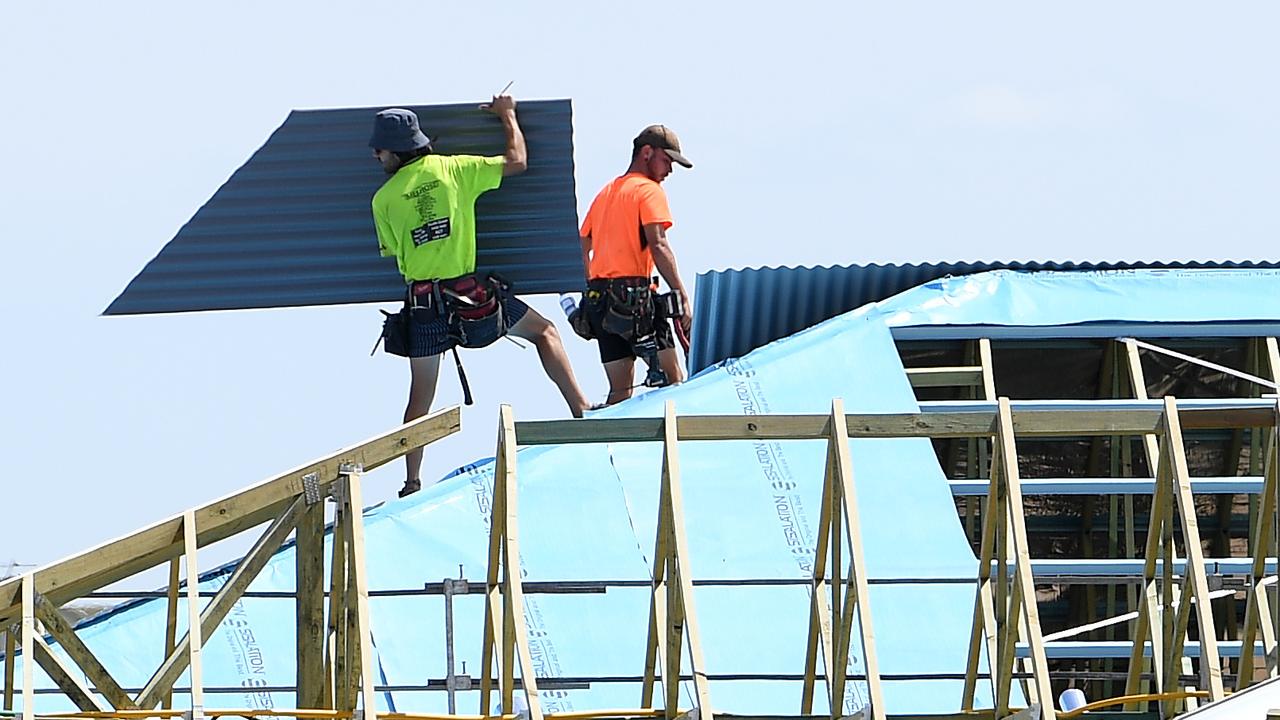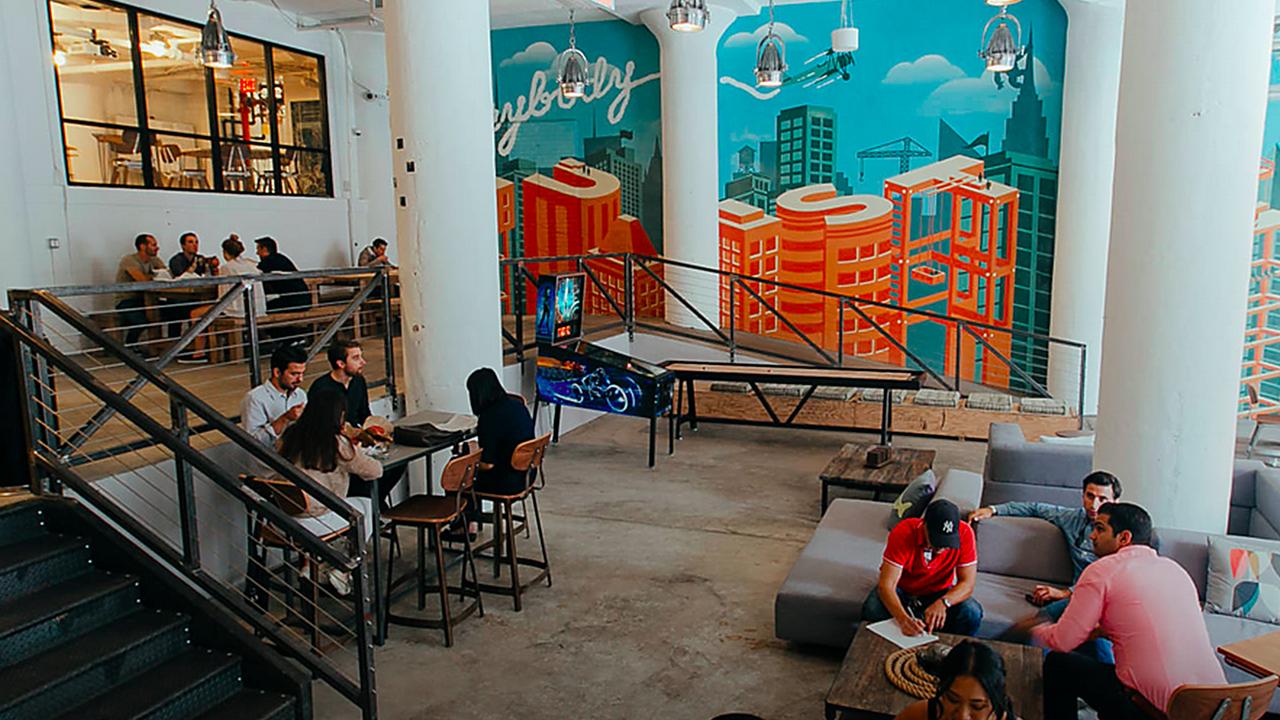Hello Australia. I feel as though we know each other a little better because of the great avocado incident this week. What happened and how did it happen?
In my column in The Weekend Australian Magazine last weekend I wrote what I considered to be an amusingly satirical piece about ageing baby boomers wandering into hipster cafes.
I used the stage of a cafe to parody boomers’ ageing: they can’t sit on milk crates because of their tight hamstrings; they can’t read the menu because their eyes are failing; they can’t follow conversation because of the music. They are even befuddled by toilet signage. And then they silently think (for they could never say such a thing out loud because all hell would break loose): “How can young people afford to eat here; shouldn’t they be at home saving for a house?”
The column was a satire of the middle-aged. It highlighted their bodily breakdown and the conservatism of their thinking. Last week commenters on social media and The Australian website seemed to get the parody.
On Monday at 6.50am a news organisation posted in social media the single paragraph from the column where I describe the cafe-sitting boomer musing about young people and the cost of home ownership, and captioned it: “Bernard Salt thinks young people should stop eating out and save for a house. Thoughts?”
It was at that moment Twitter erupted. It was like watching a car crash. Although I was always confident that, upon reading the full column, people would get its intent and humour.
If you have been outraged at the summation of my comments ricocheting around social media I urge you to read the column and then judge which generation was the subject of the satire. For the record, I do think housing has become relatively less affordable over time. I am also a free marketeer: young people as well as middle-aged people can spend their money on whatever they like, including smashed avocados.
The impact was at times as feral as it was viral. I have been on Twitter for seven years and never before learnt how to use the block function. I had learnt that functionality by midday Monday.
By Monday night #smashedavo was trending on Twitter and remained there for three days. Wil Anderson was tweeting about it. Haters were writing about it, with particular glee I might add. Radio and TV from across Australia clamoured to get the story. By Tuesday morning New Zealand media had picked it up and by the evening I was doing BBC Radio London.
The best places to find smashed avocado
The BBC World Service then ran the story. A friend emailed me from a Rome hotel to say he had just seen me on the BBC and what was all this about smashed avocado? CNN in the US ran a story about how Australians were fighting over avocado.
The high-water mark was smashed avocados being raised in Senate estimates. Some of the social media was hilarious: “I stopped eating smashed avocado and now I own a castle.” I was accused of being in the pocket of Big Avocado. I was booked to appear on RN Drive on Thursday night but was cancelled at the last minute because of the Tony Abbott gun story. I breathed a sigh of relief: finally we had passed peak avocado.
I urge the social media community to check primary sources (such as reading my original column) to establish context and intent before becoming outraged at a selected and repurposed paragraph.
I am a big supporter and user of social media. It is inclusive and accessible and it has the ability to amplify, dissect and build upon important issues — including the Great Australian Avocado Incident of October 2016. However, this incident highlights the impact of a newspaper.
But I don’t think I’ll ever be able to replicate the impact of what will go down in media history as Australia’s Avogate.
And now we know each other a little better, how about we do brunch at a trendy cafe soon?







To join the conversation, please log in. Don't have an account? Register
Join the conversation, you are commenting as Logout